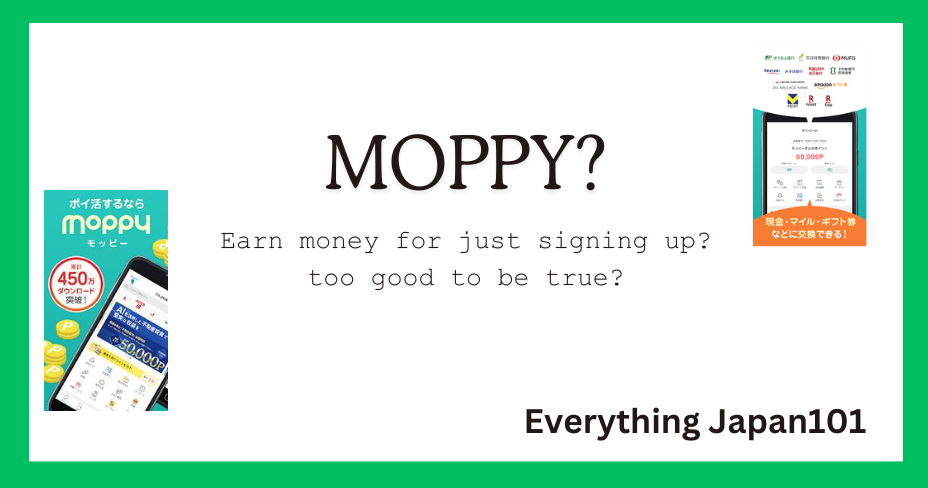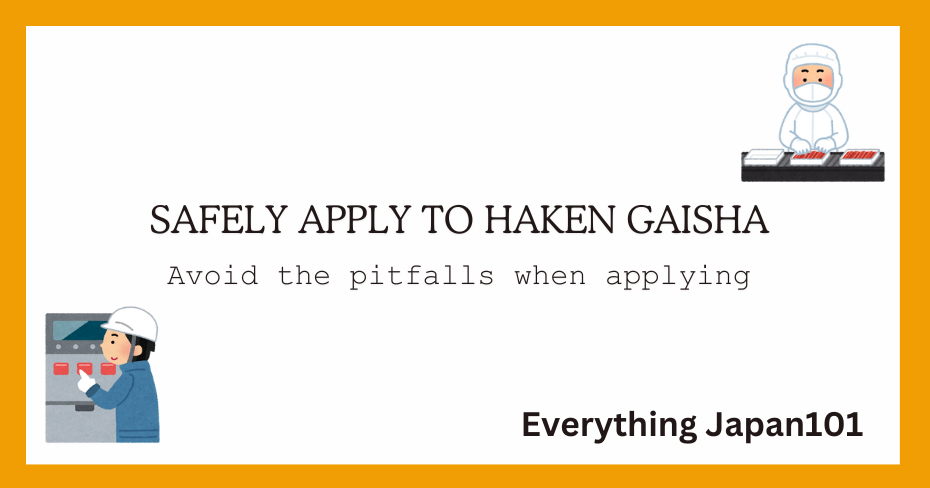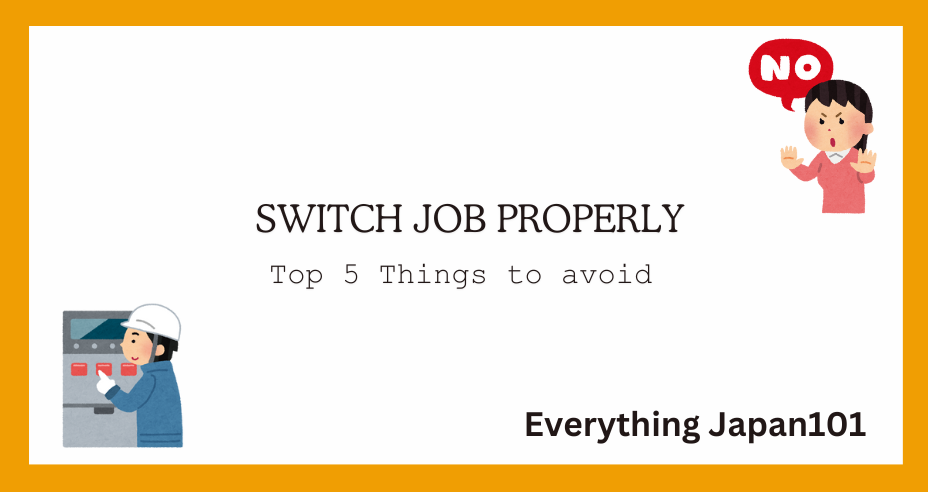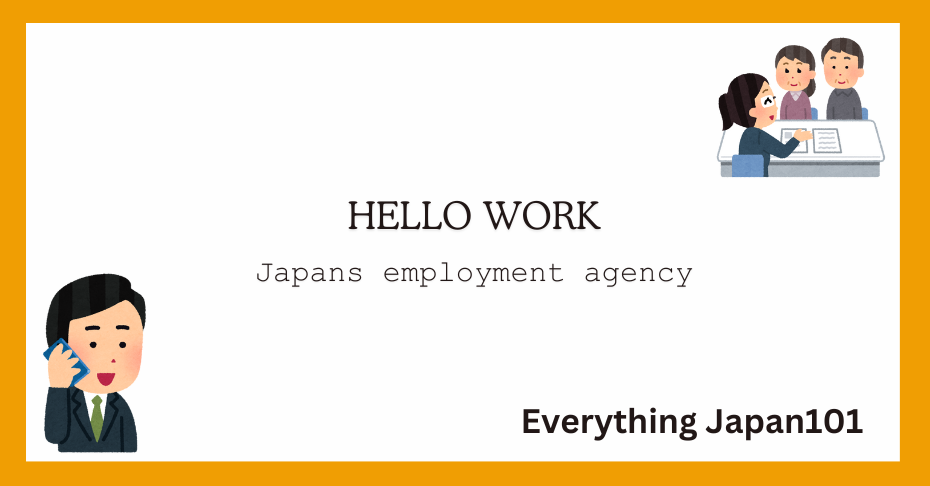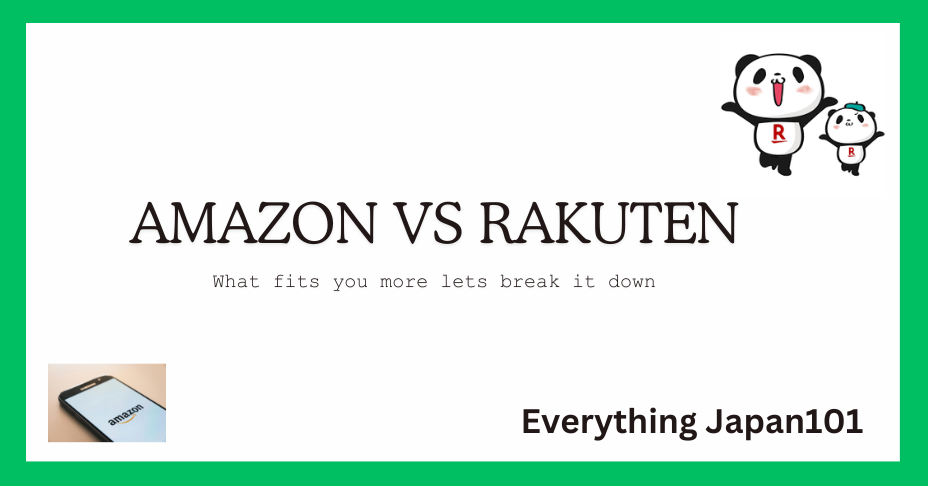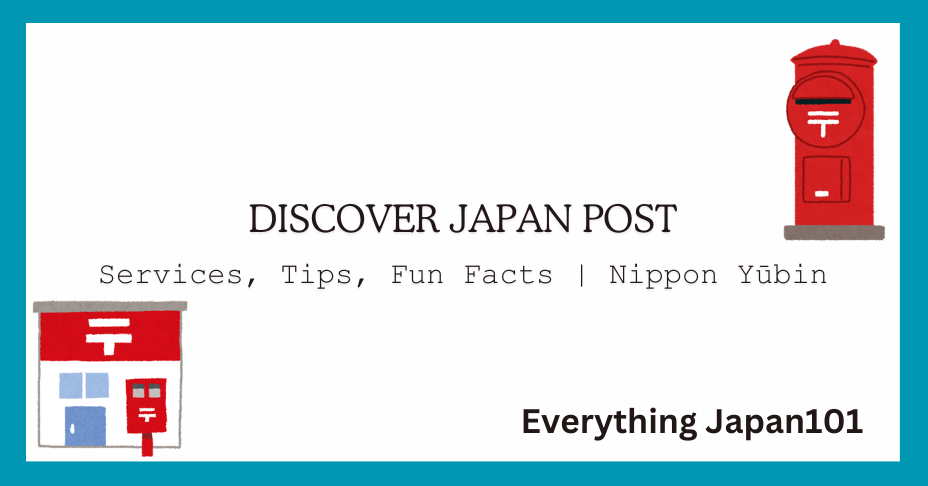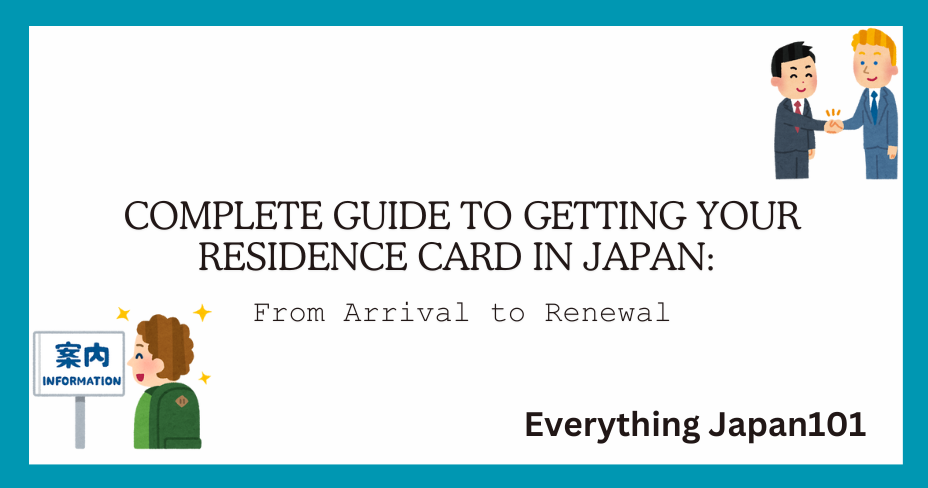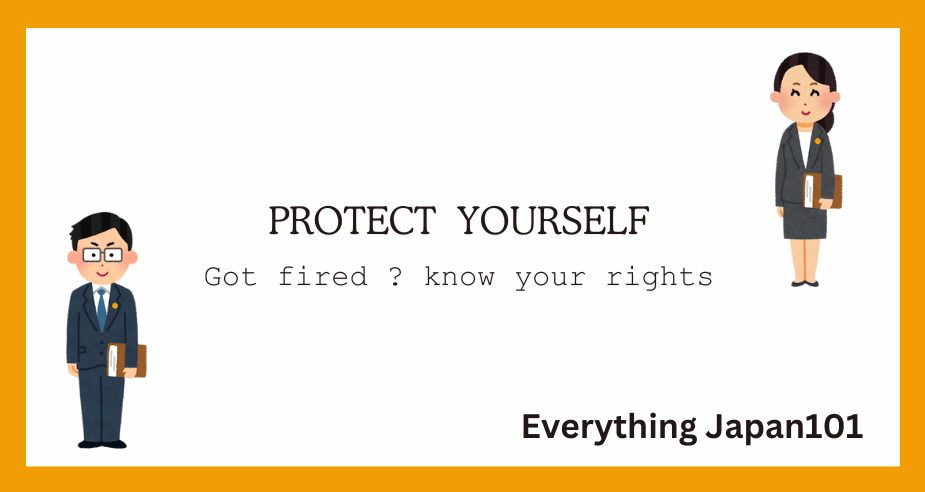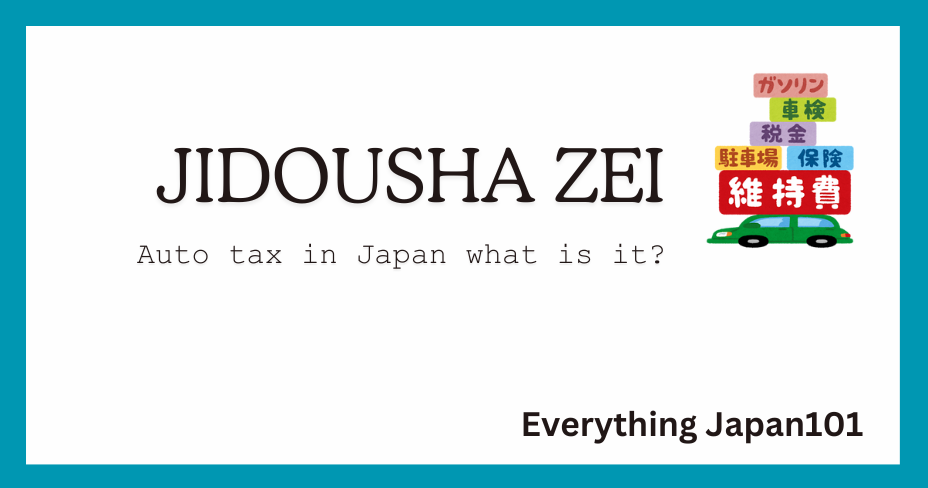Social Insurance: Beware of Haken Gaisha’s Misleading Tactics
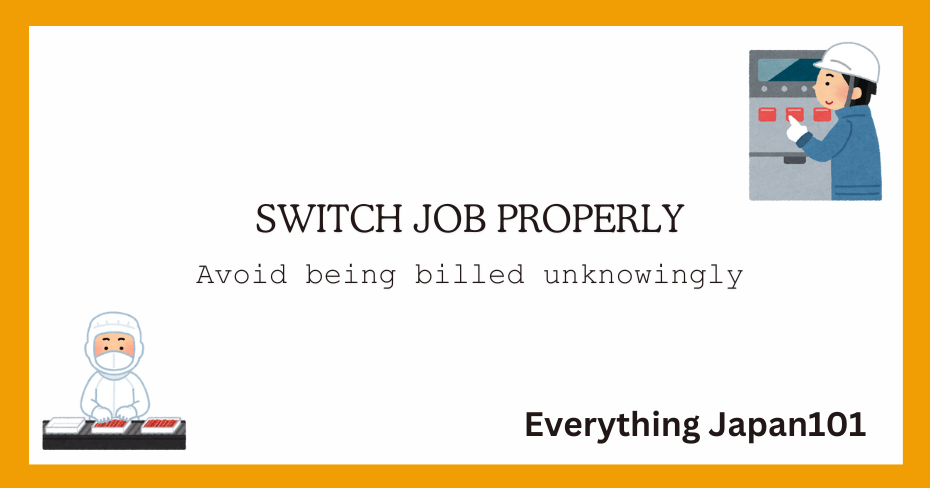
When accepting a haken (temporary staffing) job in Japan, it’s crucial to understand the ins and outs of social insurance (shakai hoken). Unfortunately, some haken gaisha (staffing agencies) may employ deceptive practices that can leave you at a disadvantage. One common tactic involves delaying your enrollment in social insurance and then billing you retroactively if you don’t leave the job at the end of your contract. Here’s what you need to know to protect yourself.
Understanding Social Insurance (Shakai Hoken)
What It Covers
- Health Insurance (健康保険, Kenkou Hoken): Covers medical expenses for illness, injury, and childbirth.
- Employee’s Pension Insurance (厚生年金, Kousei Nenkin): Provides retirement, disability, and survivor benefits.
Enrollment Requirements
- Immediate Enrollment: Employers must legally enroll employees working 30+ hours per week in social insurance from the start of employment.
Common Deceptive Practices
Delayed Enrollment
- First Month Deception: Some haken gaisha delay enrolling you in social insurance during your first month. This reduces their costs temporarily but leaves you without coverage.
- Retroactive Billing: If you stay beyond the initial contract, they may enroll you retroactively and deduct unpaid premiums from your salary, billing you for a month you weren’t covered.
Billing for the Last Month
- Final Paycheck Trap: If you leave at the end of the month, some haken gaisha may still charge you for the last month’s social insurance, even if you weren’t enrolled. However, you shouldn’t be billed for shakai hoken if you weren’t enrolled. When changing jobs, the new employer should deduct the shakai hoken premium, even if it results in a negative paycheck balance.

Protecting Yourself
Ask Questions Upfront
- Confirm Enrollment Timing: Before accepting a haken job, explicitly ask when your social insurance enrollment will begin. Ensure it is from your first day of work.
- Request Written Confirmation: Get written confirmation of your enrollment date to avoid any discrepancies later.
Monitor Your Pay Stubs
- Check Deductions: Regularly review your pay stubs to ensure that social insurance premiums are being deducted correctly and promptly.
- Understand the Charges: If you see unexpected deductions, immediately question your employer and request clarification.
Know Your Rights
- Legal Entitlements: Familiarize yourself with your legal rights regarding social insurance. Employers are required to enroll you if you meet the criteria, and you should not be billed retroactively for periods when you were not enrolled.
- Seek Assistance: If you suspect your haken gaisha is not complying with the law, contact labor authorities or seek advice from a workers’ union.
Plan Your Exit
- End-of-Contract Clarity: Before leaving, clarify how your final paycheck will be calculated, especially concerning social insurance premiums.
- Avoid Last-Month Billing: Confirm with your haken gaisha that you won’t be billed for social insurance in the last month if you weren’t covered in the first. If you work until the end of the month, your new job should handle the premium, even if it results in a negative paycheck balance.
Real-Life Example
Imagine you start working for a haken gaisha on April 1. You work throughout April, but the company delays your social insurance enrollment, claiming it will start in May. If you leave at the end of July, the company might retroactively enroll you and bill you for April’s premium, even if you had no coverage that month. If you stay on, they might bill you in advance for August’s premium, creating unnecessary financial strain. However, according to the rules, you should not be billed for the last month if you are continuing employment. The new employer should deduct the shakai hoken premium, even if it results in a negative balance on your first paycheck.
Conclusion
Being aware of these deceptive practices can help you navigate haken employment more effectively. Ensure your social insurance enrollment from day one, monitor your deductions, and know your rights. Stay informed and vigilant to protect yourself from being misled and ensure a smoother working experience in Japan.
